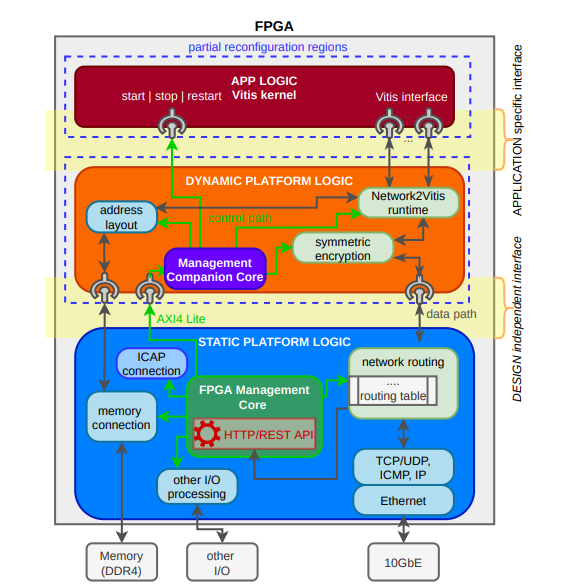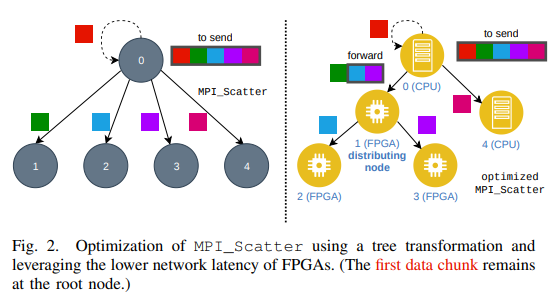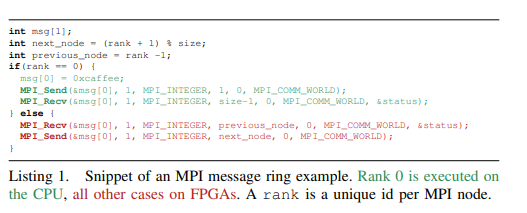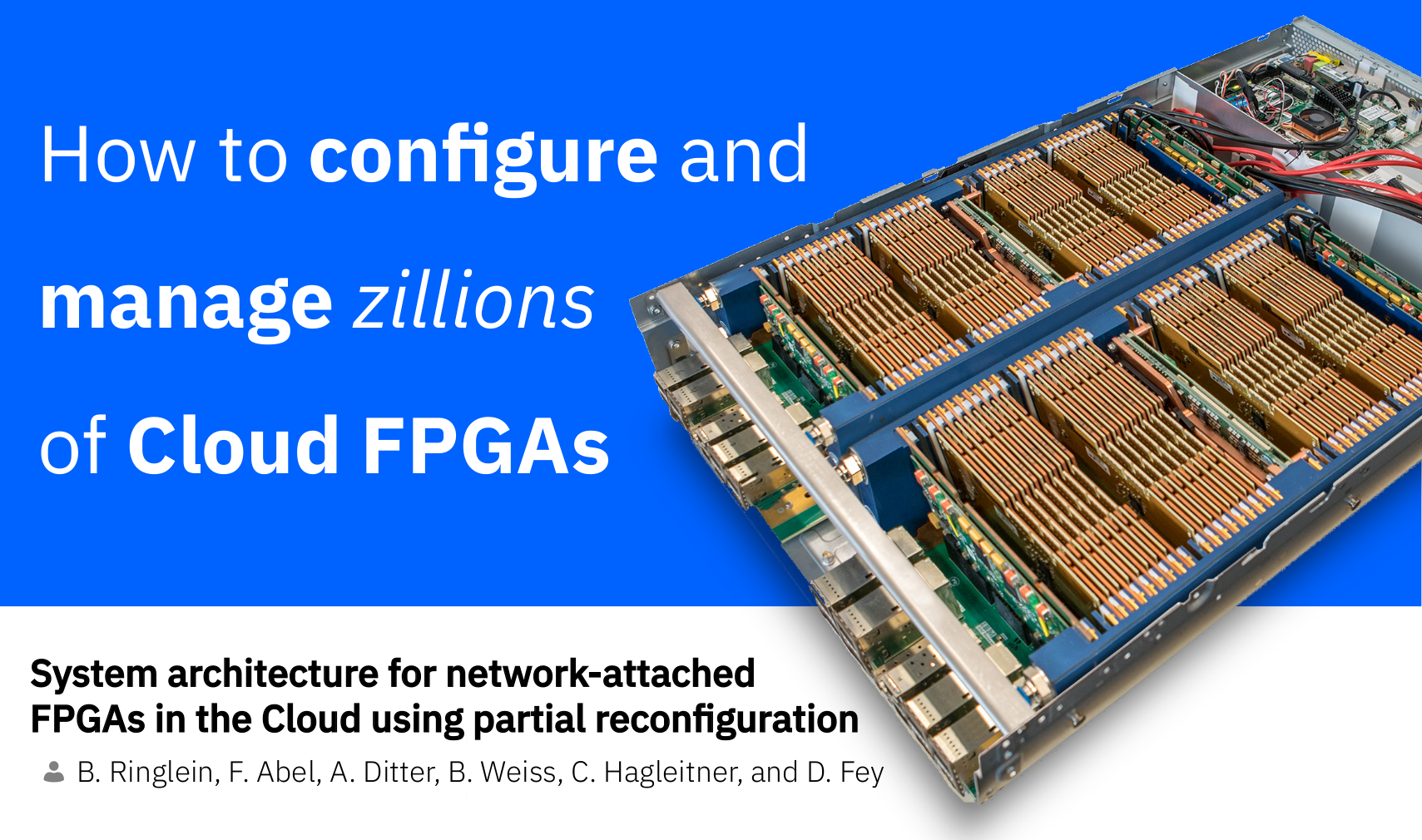A Case for Function-as-a-Service with Disaggregated FPGAs
What does it take to realize highly dynamic cloud services like Function-as-a-Service with FPGAs? Find out in my recent paper titled A Case for Function-as-a-Service with Disaggregated FPGAs (DOI: 10.1109/CLOUD53861.2021.00047). Published in the Proceedings of the 2021 IEEE 14th International Conference on Cloud Computing (CLOUD). Abstract The slowdown of Moore’s law and the end of Dennard scaling created a demand for specialized accelerators, including Field Programmable Gate Arrays (FPGAs), in cloud data centers.
Posted
#research




